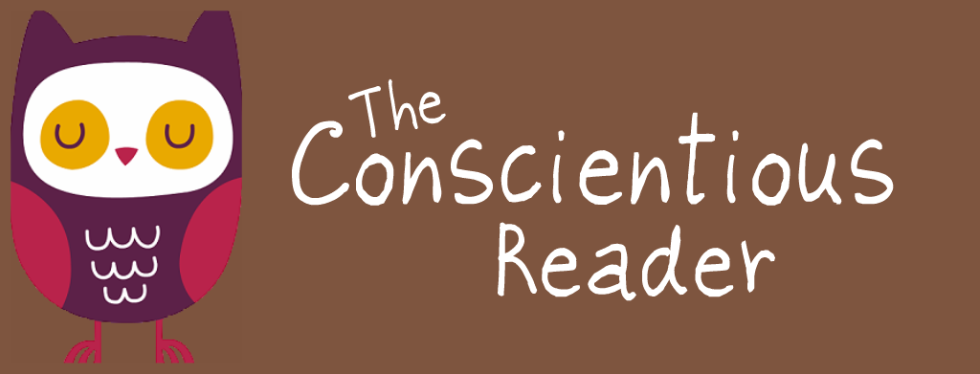"There is more than one way to burn a book.
And the world is full of people running about with lit matches."
And the world is full of people running about with lit matches."
~Ray Bradbury
Race is a sensitive issue. When questions about the African-American/Black/Colored race arise I either a) ignore them, I dislike when people assume I am a spokesperson for something just because I happen to resemble that something (this includes
matters of race, social class, religion, occupation et cetera) or b) try to answer as honestly as possible and can only do so from personal experience.I also try not to give words power by treating certain words like they make or break my life, conversation and my view of people and situations. I know that every word has its time and place. This, of course, excludes the use of the f-word around my daughter (she's at that stage where she repeats everything she hears...just ask her father, who is no longer allowed to play GTA IV while she is awake!) and the n-word.
Sad to say, the f-word has stuntedly and awkwardly come out of my mouth before, followed by profuse apologies, but I can't even say the n-word. I dislike when people use it even in fun with friends. I visibly cringe when I hear it and I don't like reading it. Like any other person who's part of a minority, I have had my own experiences with ignorance and derogatory words, especially this one.
The book that helped me to understand this word and its power, is Nigger: The Strange Career of a Troublesome Word. I suggest reading it. In it I learned what I suppose I always knew, the n-word, like any other powerful word, has good connotations (I have even experienced some of these), multiple definitions, a troublesome past and a permanence in the lexicon of the history of the human race.
While there are words I hate and games I say my husband shouldn't play in front of my kiddo, I do not believe in censorship of any kind and I'm not sure that replacing the 'n-word' with 'slave' in the seminal South/Southwest regionalist novel The Adventures of Huckleberry Finn, so those offended (especially schools who ban it) will read/buy it, isn't some form of it.
I am positive this does not contradict my feelings. Not liking something and removing it from existence are two very different concepts.
The town in which I teach has a population of 12, 155 (2000 census); 95.99% of which is white (according to the same census) and yet, this book (in its non-altered state) is part of the Freshman English curriculum. We believe that when that book is taught, not just read, taught...it is life changing. I didn't realize we were so progressive.
If we take the n-word out of the novel Huck Finn, if we allow those schools who censor the novel to win...we allow a form of laziness that only exist in 'Stoner Movies'. Instead of fixing something to where it's "appropriate" (and, what is appropriate? who decides?) enough for the sensitive and inane, why don't we just teach the reasons why the word is there in the first place? Why don't we just have conversations and dialogue? We can assume the public understands that when we take any word out of any book we create negative history revisionism, we start something that, in 100 years, we won't be able to stop, (read Fahrenheit 451 or at least Bradbury's Coda if you don't understand what I'm talking about) and we give that word more power than it deserves.
It is, after all, about time and place, right?


No comments:
Post a Comment